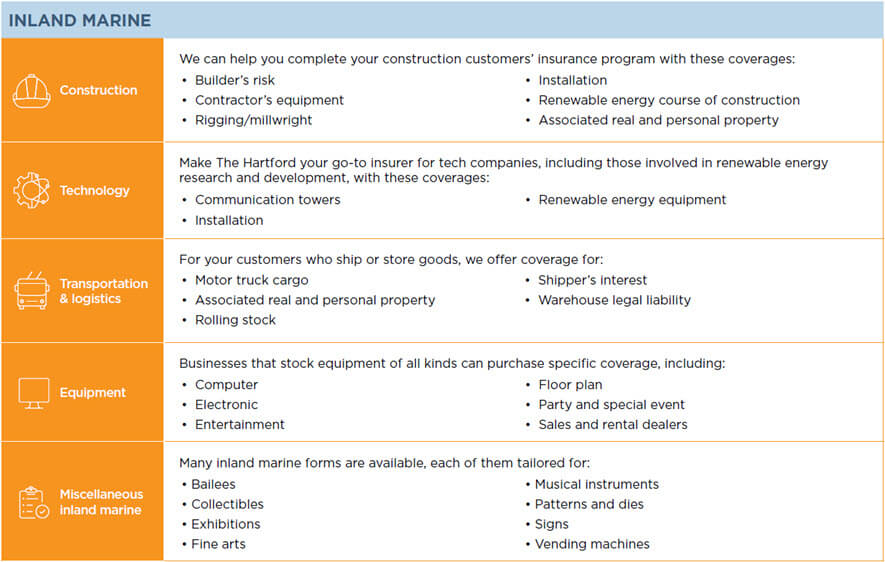A compensation plan is a structured framework that outlines how employees are rewarded for their work, including salaries, bonuses, benefits, and other incentives. For businesses of any size, having a well-designed compensation plan is crucial to attracting and retaining top talent, aligning employee performance with company goals, and ensuring fairness across the organization. Without a clear and competitive compensation strategy, businesses risk high turnover, low morale, and difficulty in securing skilled professionals. This article explores the key components of a compensation plan, its importance in today’s workforce, and actionable steps to develop one that supports both employee satisfaction and business success.
Understanding Compensation Plans and Their Importance for Your Business
A compensation plan is a structured approach that defines how an organization rewards its employees for their work. It includes wages, salaries, bonuses, commissions, benefits, and other forms of payment. A well-designed compensation plan ensures fairness, motivation, and retention while aligning employee goals with business objectives. Without one, businesses risk employee dissatisfaction, high turnover, and inefficiency.
1. Key Components of an Effective Compensation Plan
A successful compensation plan includes various elements, such as:
- Base Salary: Fixed payment for an employee’s role.
- Bonuses: Performance-based incentives.
- Commissions: Payments tied to sales or productivity.
- Benefits: Health insurance, retirement plans, etc.
- Equity: Stock options for long-term incentives.
| Component | Purpose |
|---|---|
| Base Salary | Provides financial stability. |
| Bonuses | Encourages high performance. |
| Commissions | Drives sales and productivity. |
| Benefits | Enhances employee well-being. |
| Equity | Promotes long-term retention. |
2. The Role of Compensation in Employee Motivation
Fair and competitive compensation is crucial for keeping employees motivated and engaged. A well-structured plan ensures employees feel valued, leading to higher productivity and job satisfaction. Conversely, poor compensation can result in low morale, disengagement, and higher turnover rates.
3. How Compensation Plans Align with Business Goals
A strategic compensation plan helps businesses achieve their objectives by incentivizing desired behaviors. For example, sales commissions drive revenue growth, while performance bonuses encourage employees to meet targets. Aligning compensation with business goals ensures a win-win situation for both the company and its workforce.
4. Legal Considerations in Compensation Planning
Businesses must comply with labor laws, including minimum wage, overtime pay, and anti-discrimination regulations. Failure to adhere can lead to legal penalties and reputational damage. A well-documented compensation plan ensures compliance and minimizes legal risks.
5. Steps to Develop a Competitive Compensation Plan
Creating an effective compensation plan involves:
- Conducting market research to benchmark salaries.
- Defining objectives to align with business goals.
- Structuring pay to include base pay and incentives.
- Reviewing legal requirements for compliance.
- Communicating clearly with employees.
What is the purpose of a compensation plan?
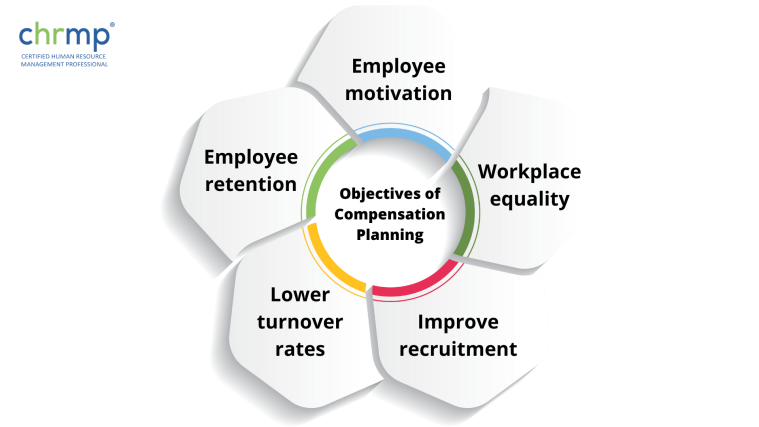
The purpose of a compensation plan is to provide a structured framework for rewarding employees in alignment with their performance, skills, and contributions to the organization. It serves to attract, retain, and motivate talent while ensuring fairness and competitiveness in the labor market. Additionally, it aligns employee efforts with business goals, fosters job satisfaction, and supports the company’s financial sustainability.
Attracting and Retaining Talent
A well-designed compensation plan plays a crucial role in attracting top talent and keeping valuable employees engaged. It ensures that pay and benefits are competitive within the industry, making the organization a desirable workplace.
- Competitive salaries: Offering market-rate pay ensures candidates choose your company over competitors.
- Benefits packages: Health insurance, retirement plans, and bonuses enhance job appeal.
- Retention incentives: Long-term rewards like stock options or profit-sharing reduce turnover.
Motivating and Rewarding Performance
Compensation plans are structured to incentivize high performance by linking rewards to measurable achievements. This encourages employees to excel in their roles and contribute to organizational success.
- Performance bonuses: Monetary rewards for meeting or exceeding targets boost productivity.
- Merit increases: Regular pay raises based on performance foster continuous improvement.
- Non-monetary recognition: Awards, promotions, and career development opportunities drive engagement.
Aligning Employee and Organizational Goals
A well-structured compensation plan ensures that employees’ efforts support business objectives, creating a cohesive work environment where individual and company success are interconnected.
- Goal-based incentives: Compensation tied to KPIs ensures employees focus on key priorities.
- Team-based rewards: Encouraging collaboration improves overall performance.
- Long-term alignment: Equity-based compensation ties employee success to company growth.
What is compensation and why is it important?

What Is Compensation?
Compensation refers to the total financial and non-financial rewards employees receive in exchange for their work. It includes elements like salary, bonuses, benefits, and incentives, all designed to recognize an employee’s contributions. Compensation can vary based on role, experience, industry, and geographic location, but its primary purpose is to attract, retain, and motivate employees. Below are key components of compensation:
- Base Salary: The fixed amount paid regularly, often annually or monthly.
- Bonuses: Performance-based or discretionary payments awarded in addition to salary.
- Benefits: Non-monetary perks like health insurance, retirement plans, and paid leave.
Why Is Compensation Important?
Compensation plays a critical role in organizational success by aligning employee efforts with company goals. A well-structured compensation strategy helps boost morale, reduce turnover, and enhance productivity. When employees feel fairly compensated, they are more likely to stay engaged and committed. Below are three reasons why compensation matters:
- Attracts Talent: Competitive pay ensures companies hire top candidates in the job market.
- Retains Employees: Fair compensation reduces staff turnover and retains skilled workers.
- Motivates Performance: Incentives and bonuses drive employees to achieve higher productivity.
Types of Compensation Strategies
Organizations use different compensation strategies to meet diverse workforce needs. Whether structuring pay based on performance, seniority, or market benchmarks, companies aim to balance fairness and competitiveness. Here are common approaches to compensation:
- Pay-for-Performance: Ties compensation to individual or company performance metrics.
- Market-Based Pay: Adjusts salaries to match industry standards for similar roles.
- Skill-Based Pay: Rewards employees for acquiring new skills or certifications.
Why is an ideal compensation plan important?
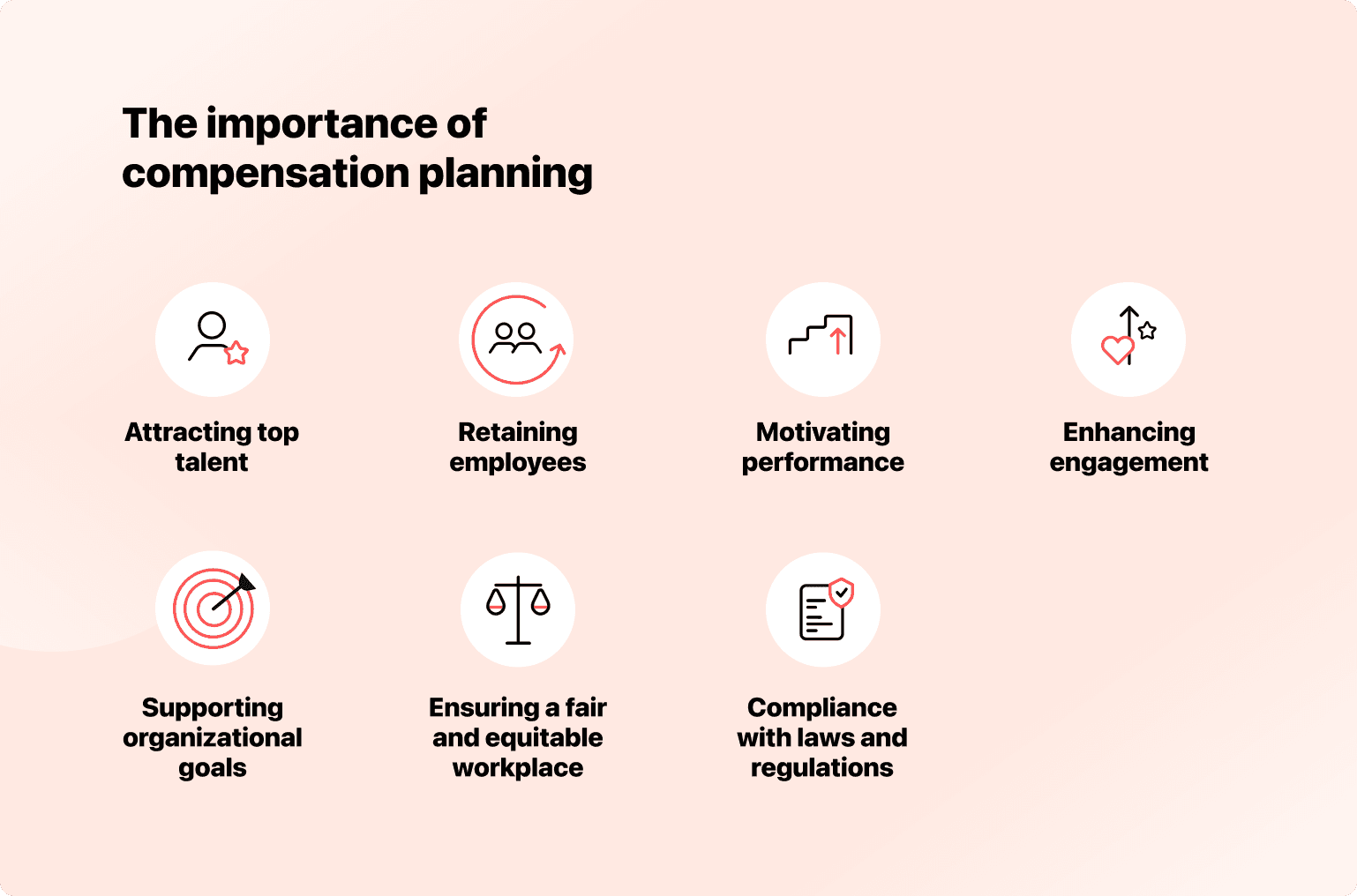
The Role of Compensation in Employee Motivation
An ideal compensation plan is critical for motivating employees to perform at their best. When employees feel their efforts are fairly rewarded, they are more likely to remain engaged and productive. Key benefits include:
- Increased job satisfaction: Employees who feel valued through fair pay are happier and more committed.
- Higher retention rates: Competitive compensation reduces turnover by discouraging employees from seeking better-paying opportunities elsewhere.
- Boosted morale: A well-structured plan fosters a positive work environment, encouraging teamwork and dedication.
Aligning Compensation with Business Goals
An effective compensation plan ensures that employee incentives are aligned with organizational objectives. This alignment drives performance by linking rewards to measurable outcomes. Important aspects include:
- Performance-based pay: Rewarding employees based on results encourages them to contribute directly to company success.
- Clear expectations: Transparent compensation criteria help employees understand how their work impacts earnings.
- Strategic growth: By tying pay to business targets, companies can drive long-term profitability and sustainability.
Attracting and Retaining Top Talent
A well-designed compensation plan is a powerful tool for attracting high-quality candidates and keeping them within the organization. Competitive pay and benefits differentiate employers in the job market. Key advantages are:
- Market competitiveness: Offering above-average salaries and benefits helps draw skilled professionals.
- Reduced recruitment costs: Retaining top performers minimizes the need for frequent hiring and training.
- Enhanced reputation: Companies known for fair compensation become employers of choice, strengthening their brand.
What are the three main goals of compensation?

Attracting and Retaining Talent
The first main goal of compensation is to attract and retain high-quality employees. Competitive pay and benefits ensure that skilled professionals are drawn to the organization and motivated to stay long-term.
- Competitive salaries help position the company as an employer of choice in the industry.
- Benefits packages, such as health insurance and retirement plans, enhance job satisfaction and loyalty.
- Performance bonuses incentivize employees to remain committed to organizational success.
Motivating Employee Performance
Compensation serves as a key tool to motivate employees, aligning their efforts with business objectives through reward systems.
- Merit-based pay encourages employees to exceed performance expectations.
- Commission structures drive sales teams to achieve higher revenue targets.
- Profit-sharing fosters a sense of ownership and teamwork among staff.
Ensuring Fairness and Equity
A well-structured compensation system promotes fairness and equity, minimizing disparities and fostering a positive workplace culture.
- Pay transparency reduces misunderstandings and builds trust within the organization.
- Market benchmarking ensures salaries align with industry standards for similar roles.
- Non-discriminatory practices uphold legal compliance and ethical employment standards.
Frequently Asked Questions
What is a compensation plan?
A compensation plan is a structured framework that outlines how a business rewards its employees for their work. It includes base salaries, bonuses, commissions, benefits, and other forms of incentives. The plan ensures fairness, transparency, and motivation within the workforce by clearly defining how and when employees are compensated. A well-designed plan helps attract and retain talent while aligning employee performance with business goals.
Why does my business need a compensation plan?
A compensation plan is essential because it establishes clear expectations for employees and ensures competitive pay practices. Without one, businesses risk employee dissatisfaction, high turnover, and legal compliance issues. A structured plan also promotes productivity, engagement, and loyalty by linking rewards to performance. Additionally, it helps businesses budget effectively for payroll and benefits.
What are the key components of a compensation plan?
An effective compensation plan includes several key elements: base salary (fixed pay for the role), variable pay (bonuses or commissions), employee benefits (healthcare, retirement plans), and non-monetary rewards (recognition, flexible work options). Each component should be tailored to the company’s objectives, industry standards, and employee needs to ensure a balanced and motivating rewards system.
How do I create a compensation plan for my business?
To create a compensation plan, start by researching industry benchmarks to stay competitive. Define job roles, responsibilities, and corresponding pay ranges. Incorporate a mix of fixed and variable pay to incentivize performance while ensuring fairness. Regularly review and update the plan to reflect market changes, business growth, and employee feedback. Consulting HR experts or using compensation software can streamline the process.
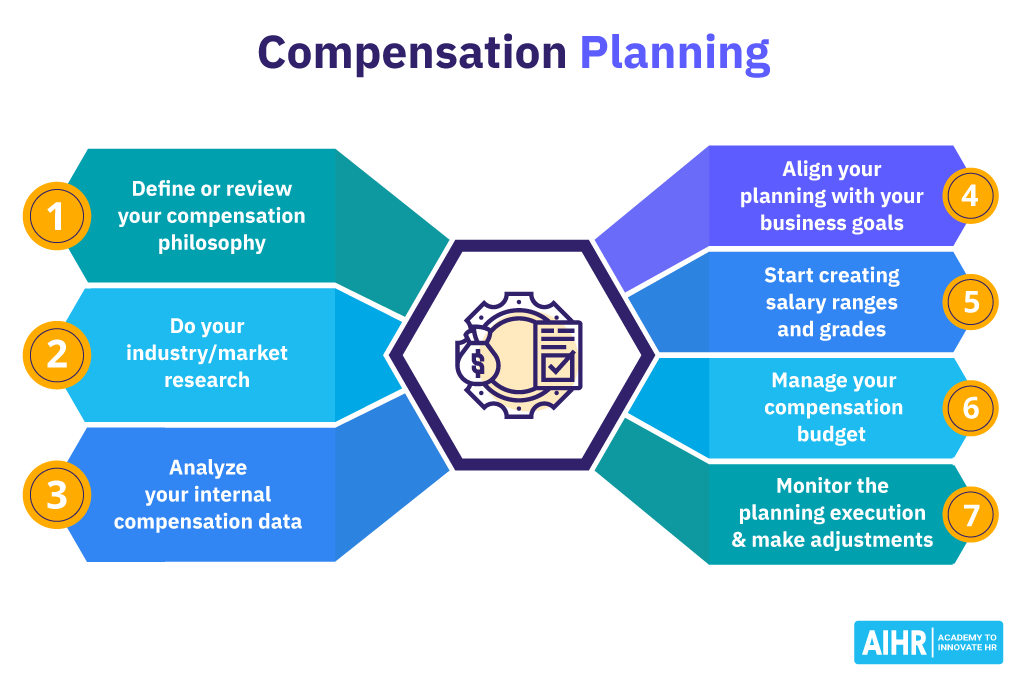
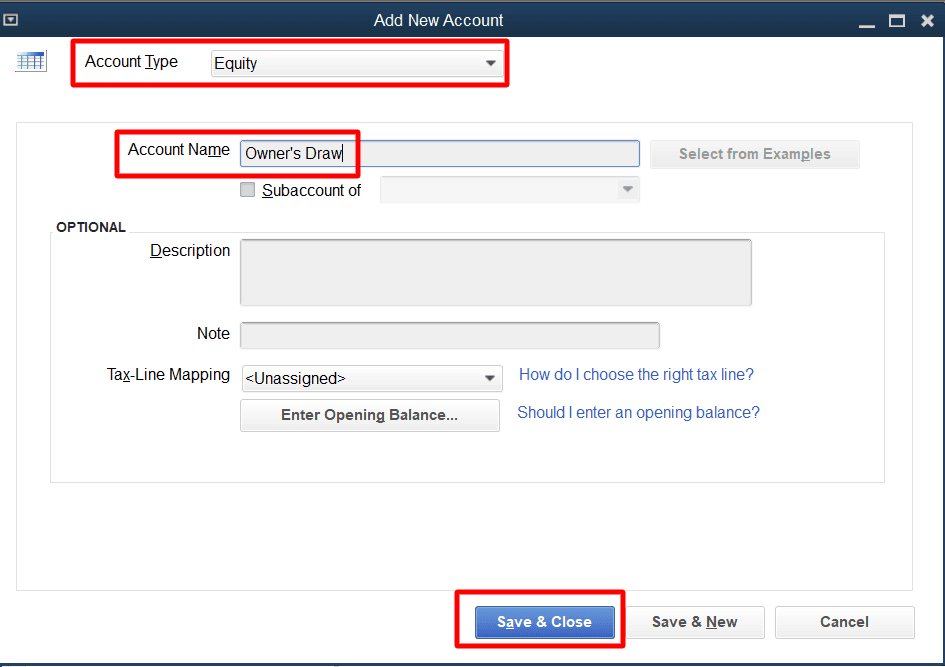
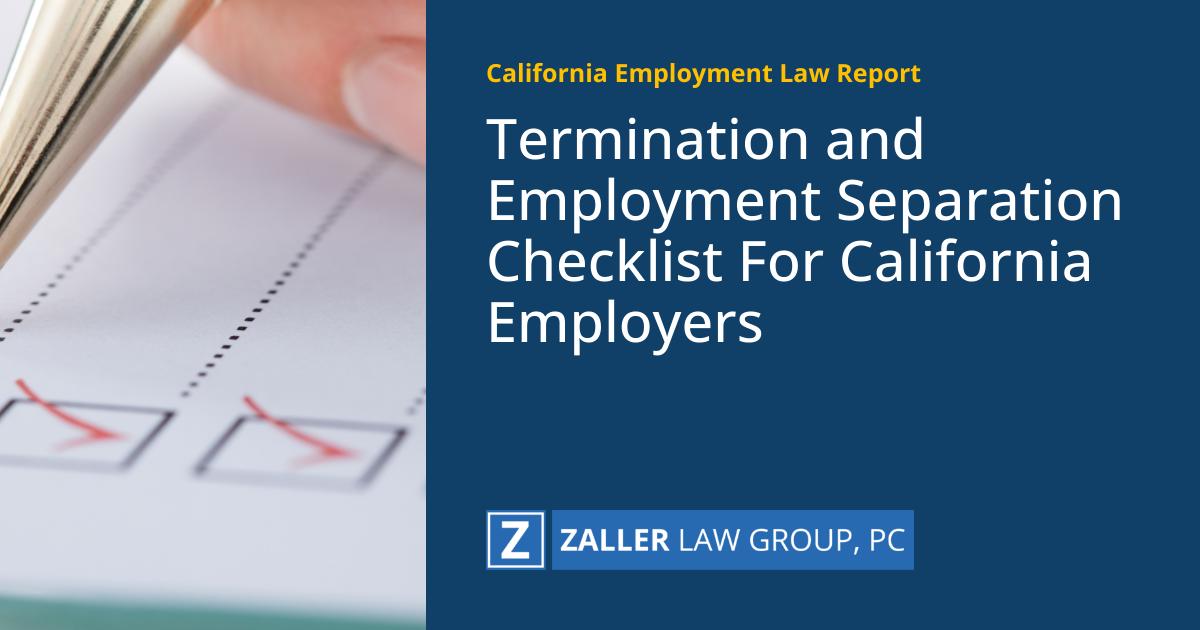
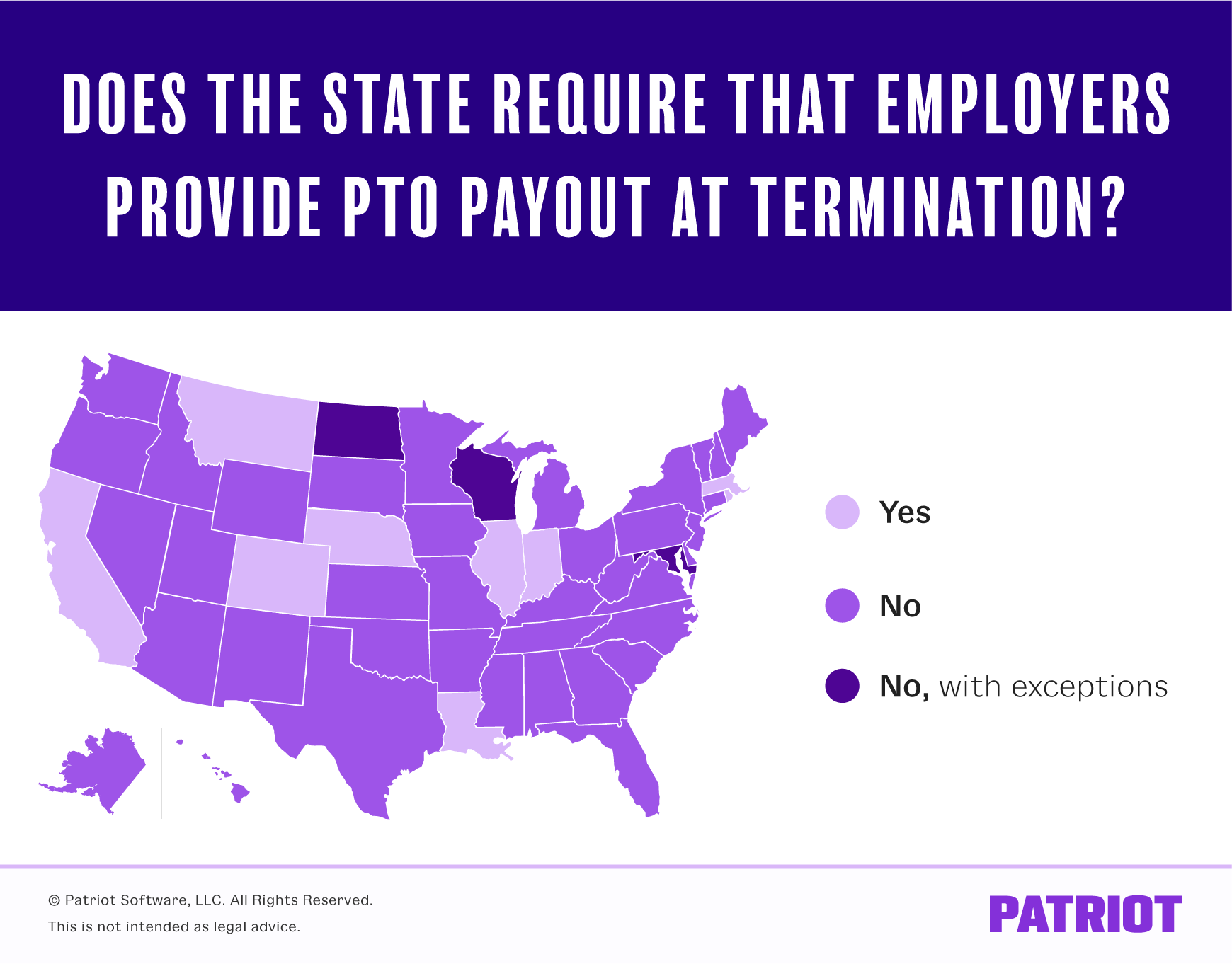

![How to Streamline Year-End HR Processes [+ Checklist] | GoCo.io](https://hrforsmb.com/wp-content/uploads/2025/05/end-of-year-hr-checklist-streamline-your-year-end-process.webp)



